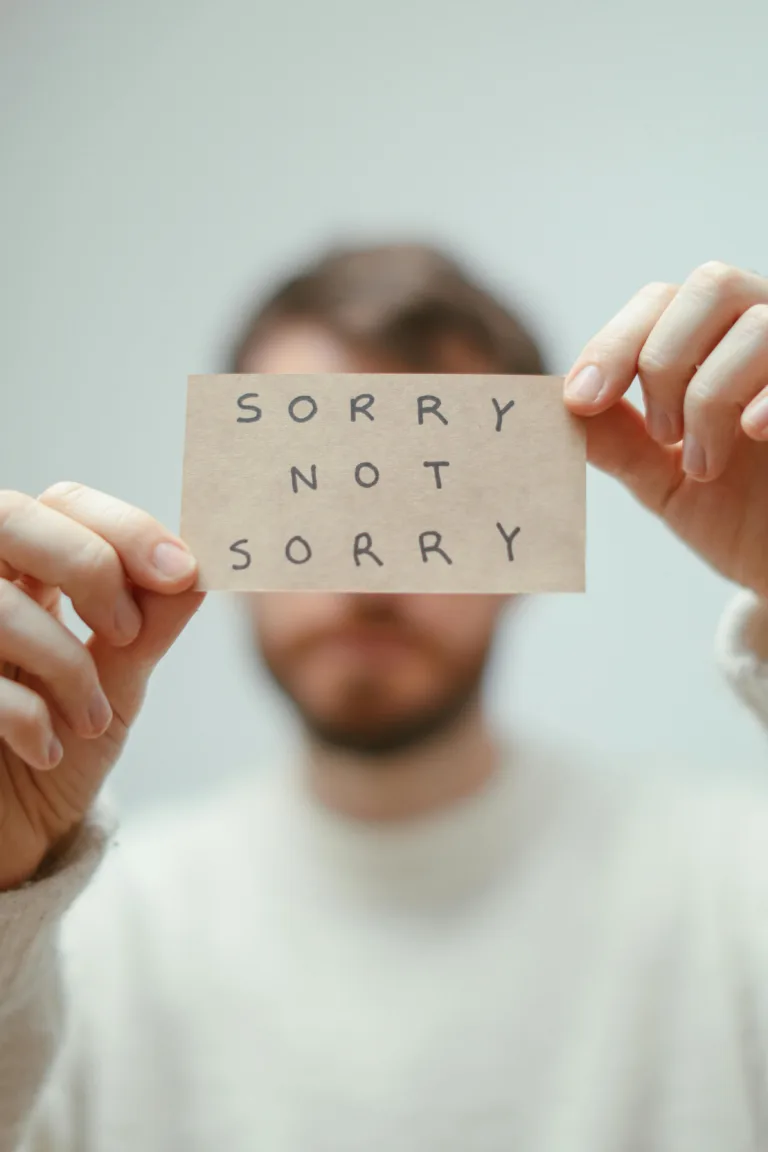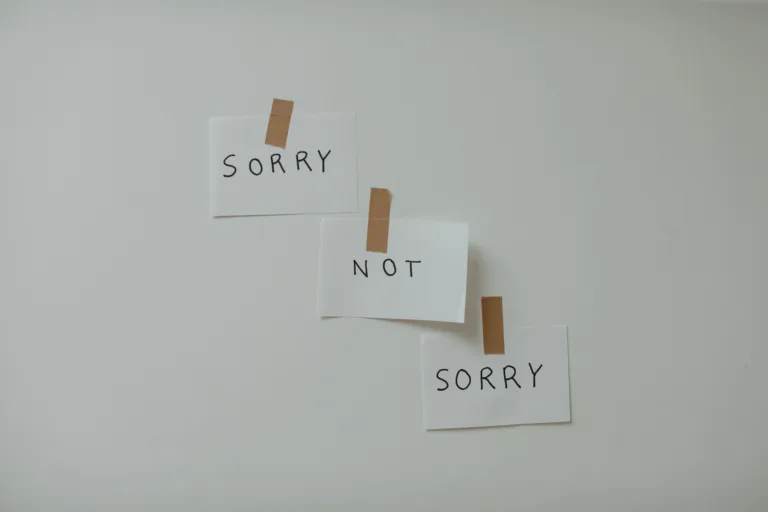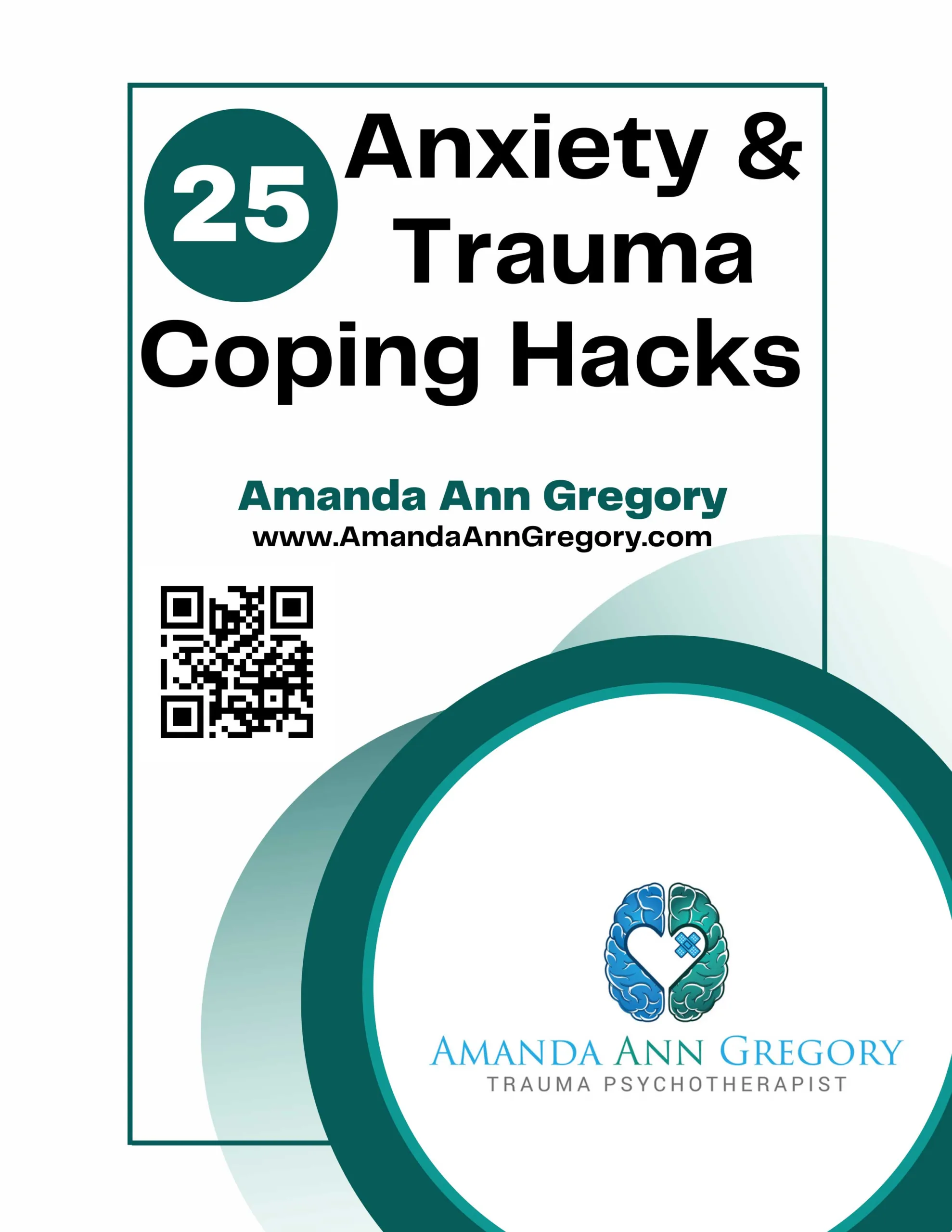Ultimately, You Don’t Need to Forgive, but forgetting a wrong done can be detrimental to your relationships.
The often-cited phrase “forgive and forget” is both common and problematic. It’s frequently used to persuade or pressure people into forgiving those who have wronged them.
However, the idea that forgetting is equivalent to forgiveness is misguided. Forgetting is an unrealistic expectation, and in many cases, it’s healthier—and safer—to remember offenses rather than trying to erase them from your memory.
Forgetting is not forgiveness.
Forgiveness does not erase the memory of the offense; rather, it involves an awareness of the harm that has been done. Forgiveness requires memory, not its absence.
If you forget an offense, you are not actually forgiving—you’re simply forgetting. For instance, if you overhear a close friend gossiping about you but then forget about it, you haven’t forgiven them; you’ve just forgotten.
Genuine forgiveness requires retaining some memory of the offense, including associated thoughts, emotions, or physical sensations. In my research for my book You Don’t Need to Forgive: Trauma Recovery on Your Own Terms, I found that no definitions of forgiveness included forgetting as a necessary component. In fact, many researchers argue that remembering the offense is essential for forgiveness to occur.
The notion of “forgive and forget” is misleading, implying that forgiveness should involve erasing the memory of the harm. In reality, remembering the offense does not equate to holding onto resentment or seeking revenge; it simply means you recall what happened. While forgetting might sometimes follow forgiveness, it is not guaranteed. Forgiving someone does not mean you must lose your memory of the offense.
Forgetting can be a byproduct of forgiveness, but not always. When you forgive, you may forget about the offense—or you may not. The process of forgiving does not mean that you do not have the right to retain your memory of the offense in the future. The phrase forgive and forget causes confusion, as this implies that one who forgives will have no memory or should have no memory of the harm.
Forgetting is not and never was a required outcome of forgiveness. Remembering offenses does not mean that you are holding onto resentment or revenge; it simply means that you remember.
There is no wiping the slate clean.
The notion of “forgive and forget” suggests that forgiveness allows us to wipe the slate clean and restart our relationship from scratch. This expectation is unrealistic because relationships don’t offer a clean slate. Instead, relationships are dynamic, continuously evolving, and changing. Forgiveness doesn’t erase past events or reset a relationship; rather, it enables the development of a new phase in the relationship, one that is inherently altered by the experience.
A relationship cannot revert to its original state, nor can it truly begin anew. Forgiveness helps repair the damage caused by an offense, but the relationship will inevitably be different. For example, if a friend gossiped about you, you might need to establish new boundaries —such as requesting that they refrain from discussing you with others. This adjustment reflects the new dynamics in the relationship and helps rebuild trust and safety rather than attempting to return to the previous state or achieving an unrealistic clean slate.
Memory supports relationships.
Memory strengthens relationships rather than undermines them. For instance, if you forgive a friend who has gossiped about you, and you later discover that they’re gossiping again, your memory of the past offense helps you recognize a troubling pattern. This awareness is crucial for addressing and repairing ongoing issues in the relationship. Memory enables you to identify and respond to recurring problems and to decide whether you need to set new boundaries or even end the relationship.
The idea of “forgive and forget” is unrealistic and can be detrimental to maintaining safe and healthy relationships. A more practical approach is “forgive, but don’t forget,” which acknowledges that you can forgive while still retaining the memory of the harm. An even more nuanced perspective might be “forgive or don’t, but don’t forget,” recognizing that forgiveness isn’t always necessary or appropriate, and that memory plays a key role in supporting and managing relationships.
Purchase my book, You Don’t Need to Forgive
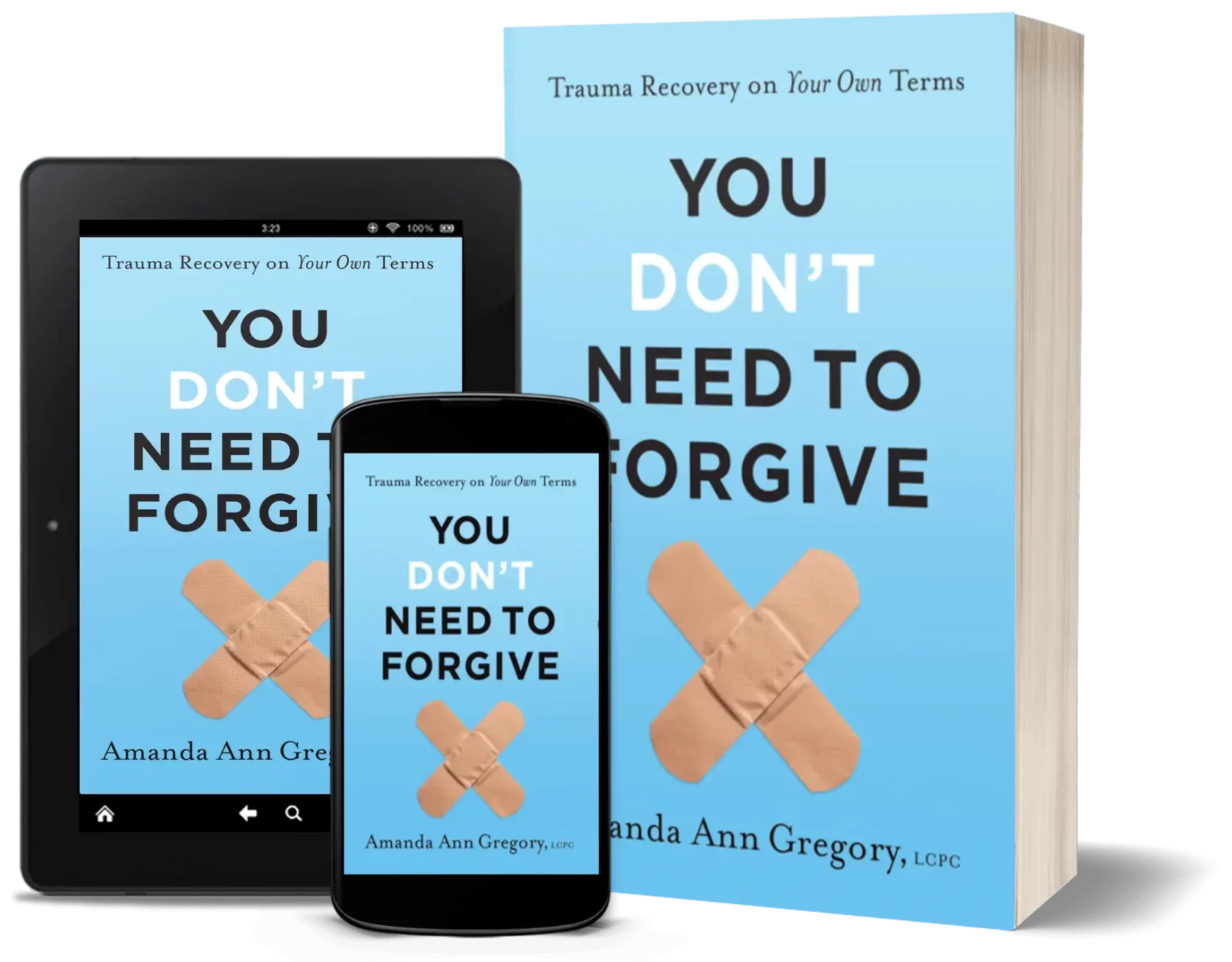
Sign up to get your Free eBook: 25 Anxiety & Trauma Coping Hacks
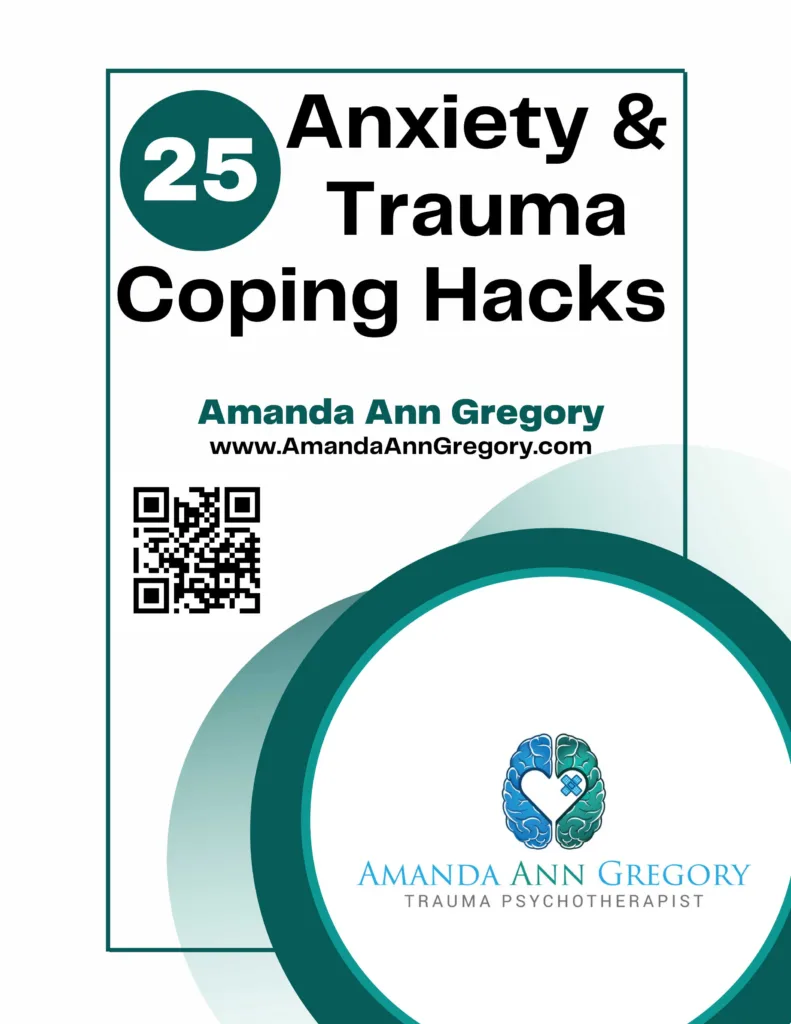
Hire me to speak at your event! Contact Me


